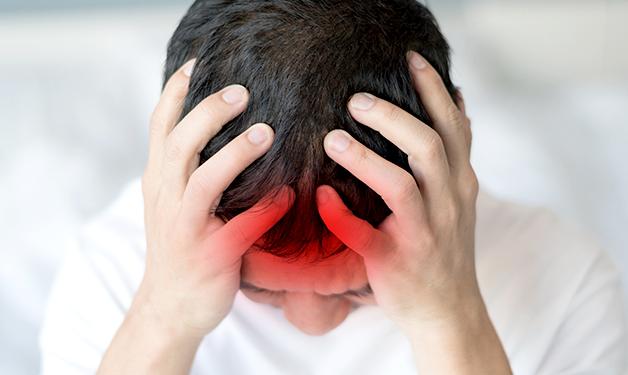
Clinician Dr. Jennifer Yao explains what you need to know about concussions, from symptoms to recovery.
Q: What are concussions and how can I tell if I have one?
A: A concussion (sometimes also referred to as a mild traumatic brain injury) is an injury that affects how the brain works. It is usually caused by a direct blow or force to the head—sometimes to the face and neck—that causes the brain to move inside the skull. Not all direct impacts to the head results in a concussion. However, if you experience symptoms shortly after the injury that affects your ability to carry out normal activities—either physically or mentally—you should be assessed by a qualified health professional for a possible concussion.
There are many symptoms associated with concussion, such as headaches, poor sleep, dizziness and sensitivity to light or noise. However, these symptoms can also occur in other conditions, so it is important to have a proper medical assessment to determine their cause.
Q: How do concussions commonly occur and what activities are linked with concussion?
A: Common causes of concussions include falls (where the head has hit something hard), motor vehicle collisions, assaults and head collisions in sports.
Q: What’s the best course of treatment for a concussion?
A: Most concussions will improve on their own within a few weeks. Generally, after a day or two of rest you can gradually resume normal activities. I recommend starting with easier daily tasks first, such as household chores or short walks, and then progressing to more demanding tasks like working on a computer or socializing in a busy environment. Simple strategies, such as taking brief rest breaks and getting regular sleep, are often helpful. If the symptoms persist beyond four weeks, your physician or nurse practitioner may refer you to specialized programs to help with symptom management.
Q: What can I expect concussion recovery to look like?
A: Everyone’s recovery journey is unique. Approximately 80 per cent of concussions are expected to improve and resolve within the first four to six weeks. There may still be “good days” and “bad days”, but with use of symptom management strategies, the negative effects usually become less intense and less frequent. For a smaller percentage of people with concussion, the symptoms can persist beyond three months, and they may even develop further complications, like depressed mood or anxiety, that make recovery more challenging. These more complicated cases will need specific management plans that can be developed with their health care professionals.
Q: If I want more information on concussion management, where can I look?
A: The new MyGuide: Concussion website is an excellent resource for adults living with the symptoms of a concussion. It provides practical information and strategies you can use to manage your symptoms and get back to your normal routine after a concussion. More detailed information on diagnosis and treatment can be found in the Guidelines for Concussion/Mild Traumatic Brain Injury & Persistent Symptoms.



